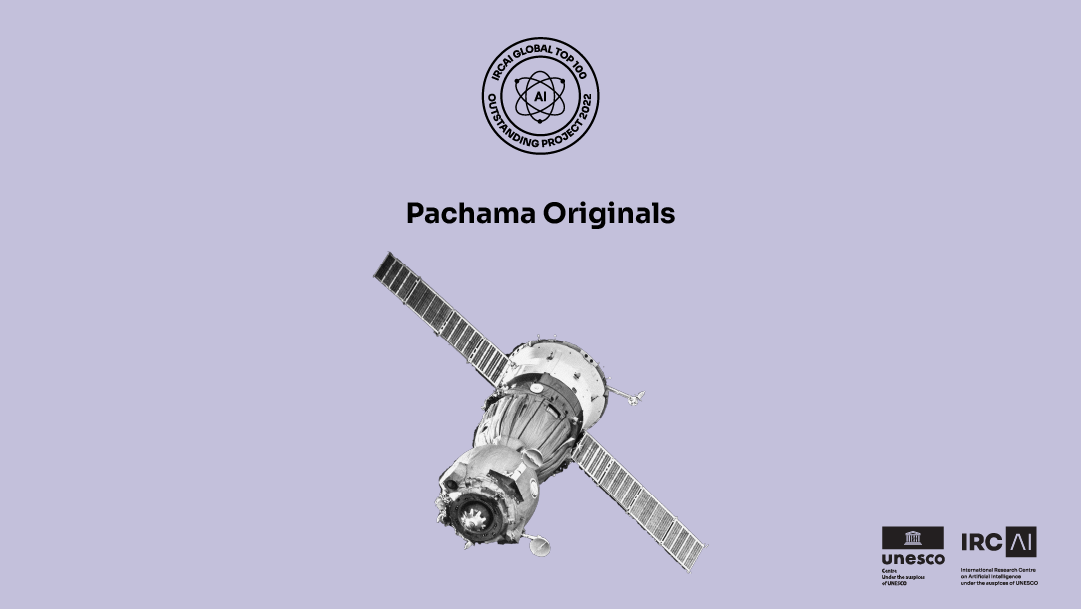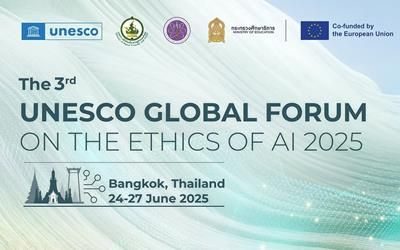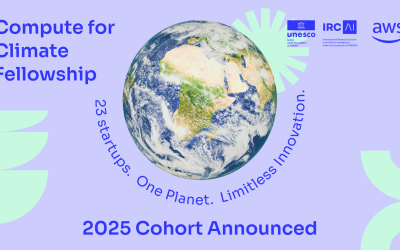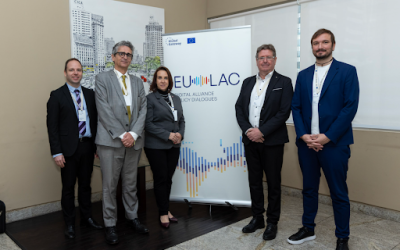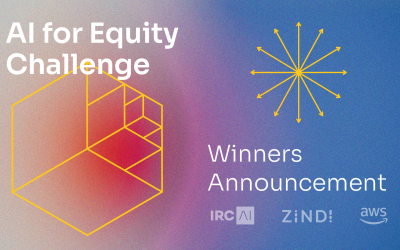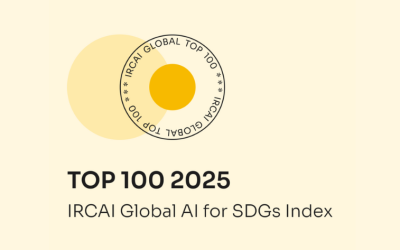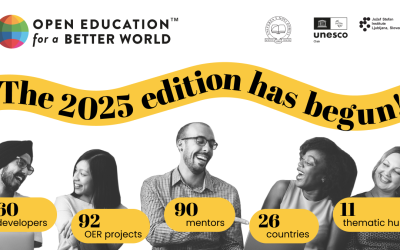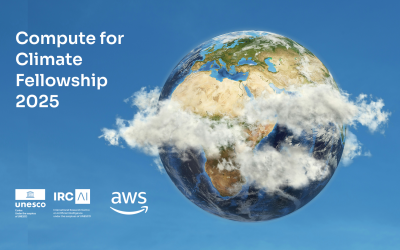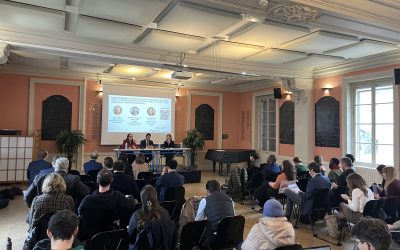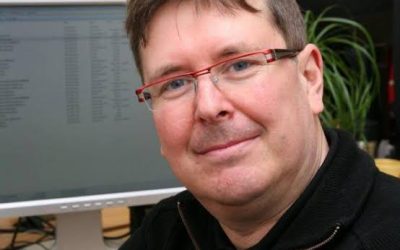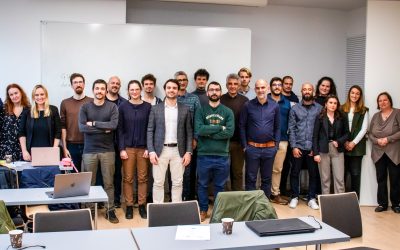After a thorough scientific, ethical, and entrepreneurial review of all projects submitted to the 2022 IRCAI Global Top 100 call, IRCAI has deemed ten submissions as “outstanding” based on their AI integrity, potential impact on the SDGs, business sustainability, and ethical design. Among these ten projects was “Pachama Originals,” a California-based climate tech company that uses AI and remote sensing technologies to help fund forest reforestation, restoration and conservation projects. At our STI Forum side event earlier this month, Josh Parrish (Vice President of Carbon Origination at Pachama) gave us further insight into the company’s efforts to turn the carbon market into a more transparent and upright place.
Carbon market: Phantom credits and distorted baseline scenarios
In the past three decades, the world has been stripped of 420 million hectares, or 10.3%, of its total forest area. Although the rate of deforestation has been declining since 2015, 10 million hectares of forests were still lost every year between 2015 and 2020. Driven by a growing economic incentive for forest conservation and sustainable land management practices, more and more companies have turned to the carbon market, where they can purchase carbon credits as offsets for their emissions to be able to market their products as “carbon neutral”. However, recent investigations have shown that over 90% of rainforest offset credits are likely to be “phantom credits” that do not represent genuine carbon reductions, with environmental offsets vastly overstated in corporate reports.
What makes “phantom credits” possible?
In fact, many carbon projects have relied on self-generated forecasts of deforestation reduction, of which many have been manipulated by baseline scenarios in which reforestation estimates have been severely inflated. As indicated on Pachama’s website, the carbon market “offers a way to pay landowners to protect their forests and reduce these carbon emissions”. “But paying landowners who are already protecting their forests clearly does not reduce emissions”, they add. So, how do we know what landowners would have done if they had not received funds from a carbon project? The problem is that current methods mostly try to predict future deforestation based on the past, but they note: “Things change. Things we can’t possibly predict, such as swings in crop prices, election outcomes, or a pandemic. All of these things can alter business-as-usual deforestation.”
A technology to improve project origination
While Pachama began by using AI and remote sensing technology to verify and monitor carbon captured by forests to help finance conservation and reforestation in 2018, it has recently expanded its scope to apply its technology to enable insights to improve project origination in particular: “How is carbon quantified? How can we deliver transparency around the community and biodiversity benefits generated by every project” – these questions have been at the heart of Pachama’s work lately, Josh explains. For example, much of Pachama’s recent work has revolved around testing technology-based dynamic baselines for credit issuance – one that does not attempt to predict future deforestation based on the past, but instead relies on real-time satellite data to monitor changes in forest cover on the ground.
Towards an integrated and transparent carbon market
By using AI tools, Pachama can provide “high-quality forest data to land owners, corporations and jurisdictions”, Josh explains. “The goal is to help them understand what they have and how they can manage forests” to ultimately help people and nature improve, grow and regenerate.” By using science and working with landowners on the ground, Pachama can help us identify “the most critical places to put those finite dollars to do the reforestation, restoration and conservation.”
If you want to learn more about Pachama, do not hesitate to take a look at their website. There you will also find publications on how Pachama identifies high-value carbon projects, quantifies emissions reductions from carbon projects, and uses satellite-based carbon mapping to scale forest carbon markets.
